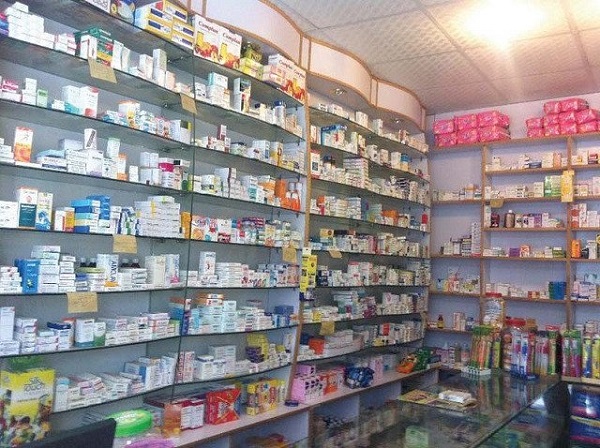ISLAMABAD: The Pakistan Pharmaceutical Manufacturers Association (PPMA) issued an ultimatum to the Ministry of Finance about the tax levied on raw material needed to produce medications, threatening to close around 600 pharma manufacturing plants throughout the nation next week.
Pakistan Pharmaceutical Manufacturers Association Chair Qazi Muhammad Mansoor Dilawar strongly objected to the government’s intention to levy a 17 percent sales tax on raw materials for medications. It was his contention that the government had promised to refund him for the raw material tax but had declined to do so.
Bottle, aluminium, and impulsive glass costs, as well as power and gas rates, are all rising, as per Mr Dilawar, and the government has taxed more on these items.
The government has also placed a sales tax on the services provided by consultants and contractors. Imports of machinery and pharmaceutical plants are also subject to a hefty levy. He lamented that, despite the government’s agreement, a tariff has now been placed on raw material imports.
Hamid Raza, the former chair of the PPMA, said the group had resolved to give the government five days to rethink its decision, otherwise the sector would have no choice but to go on strike.
According to another ex-PPMA chair, Asad Shuja: “If the industry is shut down, there will be shortages of medications, and their costs will also increase.”
In the end, he added, the government’s choice will hurt the people.
Usman Shaukat, a member of the PPMA’s Central Executive Committee, reported that the raw material or active pharmaceutical ingredients (APIs) used in the production of medications had been taxed at 17 percent.
“Every time we met with Minister Shaukat Tarin, we had guarantees from the government that our matter would be resolved, but then the teams who negotiated with us were replaced,” the official stated.
“Although we should be reimbursed for sales tax paid at the time of raw material acquisition, the Federal Board of Revenue (FBR) has stated that we must give a stock position and they will review it. A new authority has been given permission to examine our goods, along with the Drug Regulatory Authority of Pakistan (DRAP), which would delay tax refund,” he explained.
Answering a query, Usman Shaukat said that the finance ministry had given the business an interest-free loan from the State Bank of Pakistan, but even this was unworkable for the industry at this time.
“It has been agreed that the pharmacy and medicines association would likewise stop working at their medical factories and stores,” he stated. “We have been left with no other alternative.”
By reducing earnings on medications, “the government should acknowledge that there is currently a lack of some drugs,” he said, adding that energy costs are also rising and should be considered when deciding how to ease pressure on the pharmaceutical business.
He warned that if the government did not, drug stores would go out of business or medicines will skyrocket in price.
Works at The Truth International Magazine. My area of interest includes international relations, peace & conflict studies, qualitative & quantitative research in social sciences, and world politics. Reach@ [email protected]










